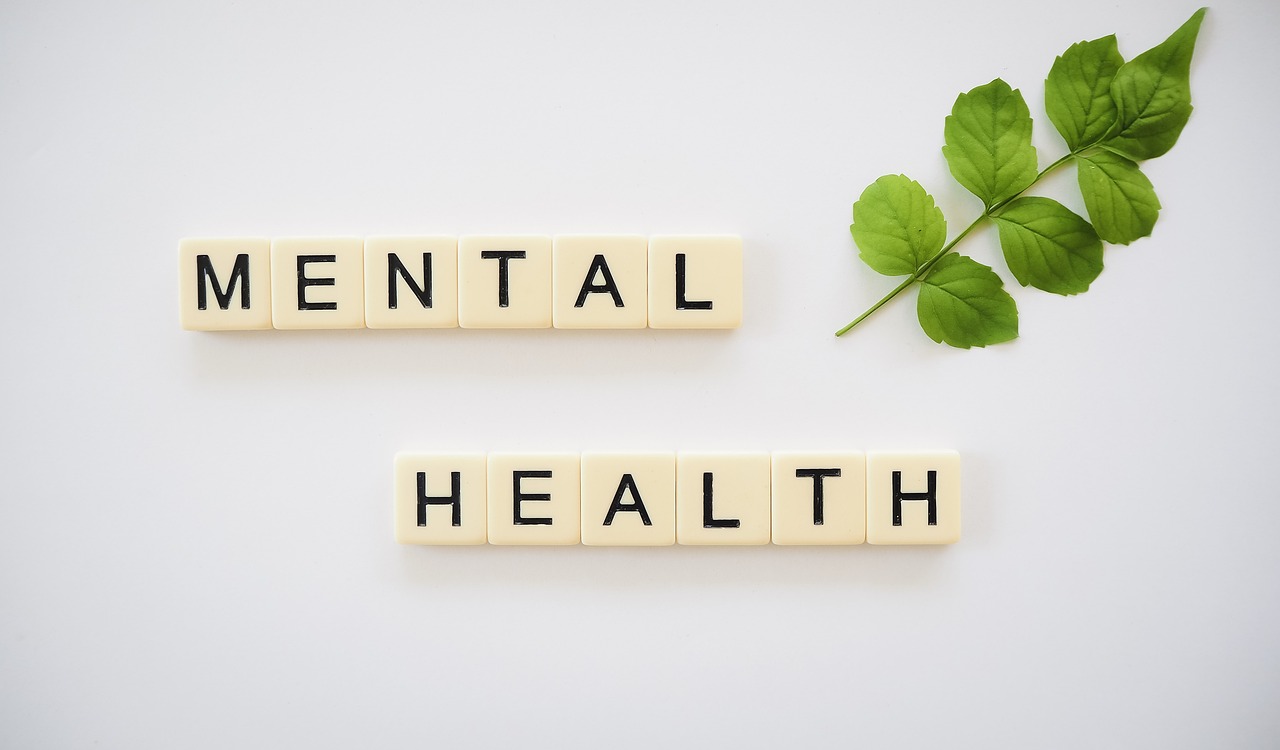Nothing tugs at the heartstrings quite like when your child feels unwell. While physical ailments tend to have a relatively clear-cut path to healing, overcoming mental health challenges usually requires a more nuanced approach.
If your child demonstrates anxiety or symptoms of ADHD, you may consider if medication would be a good solution. Unfortunately, conventional medicine does not always address underlying causes of anxiety and some may trigger harmful side effects. Instead, explore options that combine safer, non-toxic over the counter children’s anxiety meds with healthy habits and practices.
Open Communication With Your Children
When it comes to communication, younger children may not know how to properly express their ideas and emotions, particularly complex ones. Older children, on the other hand, may have the skills but not the inclination to be chatty with their parents. With either age group, it’s up to you, as the parent, to be a model for positive communication.
Start by taking the time to connect with your child. Set aside time each day to be fully present with them. Play a game or go for a walk together. These small moments strengthen your bond and set the stage for meaningful conversations.
Give your child the space to express negative feelings. A loving environment enables kids to process and manage difficult emotions in a healthy way, leading to better mental health outcomes.
Tips To Reduce Stress
While childhood is considered a time of magic and wonder, it’s not without its challenges. Academic, athletic and social pressures are common sources of childhood anxiety. Life changes, such as a move, separation or illness, can compound everyday stress and cause anxiety burnout.
Teach your child the following strategies to cope with stress:
- Practice mindfulness
- Spend time in nature
- Stay physically active
- Express gratitude
It’s impossible to remove all stressors from your child’s life, but you can empower them to effectively manage their anxiety.
Healthy Habits To Adopt
Like many parents, you probably have had your fair share of bedtime battles and valiant attempts to feed your child all the colors of the rainbow. If this sounds familiar, then you know instilling healthy habits in children is easier said than done. Start by focusing on two habits that have profound impacts on mental health—nutrition and sleep hygiene.
Healthy eating habits can help reduce your child’s risk of experiencing challenges with mental health. Develop routines that invite the whole family to make more nutritious choices. Plan, prepare and eat as many meals together as possible. Highlight how food affects mood, energy, anxiety levels and sleep quality.
Good sleep hygiene also supports mental health. Ensure that your child gets a good night’s rest by keeping bedtimes and wakeup times consistent. Turn off screens at least an hour before bed. Follow a routine that allows your child the time and space to wind down from the day’s activities.
While some challenges are inevitable, your child shouldn’t have to persistently struggle. Consult with a trusted healthcare provider to create a holistic plan to help your child thrive. An effective plan could include mindfulness strategies, homeopathic anxiety and ADHD medication or nutritional guidance. With healthy habits and coping mechanisms, your child can revel in the joy of childhood and beyond.
